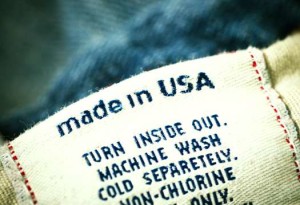The reshoring trend continues as Massachusetts manufacturers bring their operations back home. Companies, such as Energid Technologies Corp., are making the leap back to US soil to avoid external costs from unpredictable tariffs, foreign bureaucracy, and additional shipping charges. It seems the emerging economies of countries such as China and India have finally made outsourcing the less profitable option.
Energid is in good company among more than 350 US businesses that have chosen to reshore their operations. The influx has brought nearly 40,000 manufacturing jobs back to the United States over the course of the last five years. 3,000 of those jobs have returned to the Northeast, with 600 to Massachusetts, according to the Reshoring Initiative. While these new positions still represent a very small portion of the available manufacturing jobs in the US, expert economists say they are a very positive sign of the industry’s post-recession rebound.
Competitive production, automation and the complexity of today’s products have created a need for increased collaboration between designers, engineers, and production lines. Massachusetts remains a prime location for most manufacturing industries due to access to highly trained engineers and innovators from places like MIT. Despite this, there is still an observable labor shortage in the manufacturing industry as skilled workers are retiring with fewer young people coming in to take their place.
Manufacturing resources like MassMEP are exploring initiatives to increase the number of motivated and highly trained workers coming into the manufacturing industry. MassMEP is currently teaming up with UMass Lowell to deliver the Advanced Computer Numerical Control Training Program in Massachusetts, which would value and merit to the industry while encouraging young individuals to get their certification and consider a career in manufacturing.
Other resources are helping businesses overcome the initial expenses of re-locating their operations back to the US. MassDevelopment, a quasi-public industrial development agency, has helped several companies reshore operations with loans of up to, and in some cases exceeding, $1.5 million.





